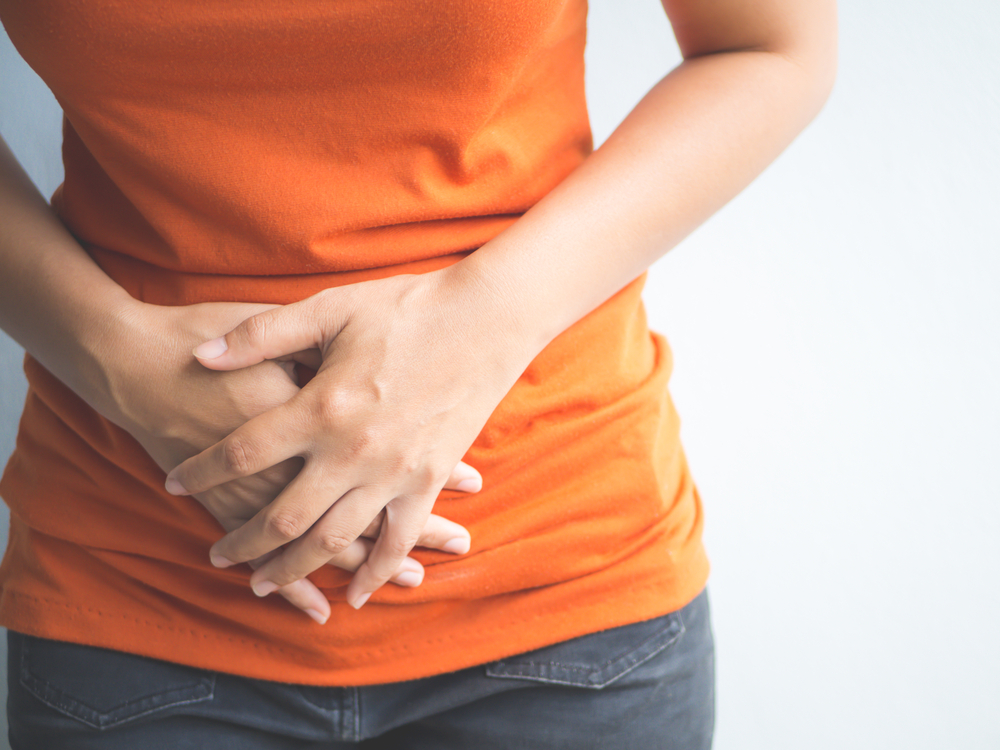Dysmenorrhoea is a medical term originating from Greek referring to painful periods.

In early May, it was made on the news as the Spanish parliament introduced a draft bill to allow women suffering from this condition three to five days of leave a month. If passed, Spain would become the first western democracy to have such legislation in place. This article discusses Dysmenorrhea and everything we need to know about it.
Surprisingly, Asia has been at the forefront of similar legislation. Indonesia, South Korea and Japan all have similar legislation already in place for people who suffer from dysmenorrhoea. Though there is no formal legislation in India, many of its private enterprises are offering menstrual leave on top of annual sick leave for their female employees.
Epidemiology
Dysmenorrhea is one of the common health problems among all women regardless of age or race. The prevalence of dysmenorrhea can vary between 16% to 91% in women of reproductive age, with severe pain observed in 2% to 29%. Studies carried out across the globe in different regions have all shown similar results.
What are the causes?
Broadly speaking there are two types of dysmenorrhoea:
- Primary dysmenorrhoea: present since your first ever period and continues throughout your life till menopause. It is caused by abnormal ureteral contraction due to a chemical imbalance in the body.
- Secondary dysmenorrhoea: only appears later in life, usually caused by underlying medical conditions:
- Endometriosis: tissue similar to the lining of the uterus — the endometrium — grows outside of the uterus. It has been estimated that one in ten child-bearing-age females might have endometriosis.
- Pelvic inflammatory disease: generally due to infections of reproductive organs
- Uterine fibroids: noncancerous growth of the uterus that happens during childbearing age, usually do not progress to cancer
- Abnormal pregnancy: miscarriage, ectopic
Some other risk factors include:
- Smoking
- Obesity
- Family history of dysmenorrhea
- Depression/anxiety
- First period before the age of 11
What are the symptoms?
Symptoms of dysmenorrhoea usually only present during a period:
- Cramping or colicky pain in the lower abdomen
- Pain radiating to the lower back
- Pain radiating down the legs
- Nausea and vomiting
- Diarrhoea
- Fatigue and weakness
- Anaemia: due to loss of a large amount of blood during period
Many of the symptoms are generic and can be hard to differentiate from other medical conditions just based on the clinical presentation alone. Consult your doctors if you have the above symptoms.
What are the treatment options?
There are many pharmaceutical options available:
- Pain medications: nonsteroidal anti-inflammatory drugs (NSAIDs) like ibuprofen and inmates are considered first-line medication for acute pain relief.
- Oral contraceptive pills (OCPs): are reported effective in reducing the symptoms among adolescents. Users of OCPs usually report less need of using NSAIDs to manage acute pain in periods.
- Progestin-only pills (POPs): only works in secondary dysmenorrhoea related to endometriosis. It works by reducing the size of the endometrial lining and inhibiting ovulation.
Maintaining an active lifestyle and a balanced diet are generally recommended for better health outcomes. They are particularly useful in reducing the intensity of dysmenorrhea.
Conclusion
Dysmenorrhea brings a major health impact on a female’s day-to-day life. Many would choose to take days off during their period. As a society, we need to recognize a painful period as a medical condition, not a normal physiological response from ovulation. Paid menstrual leave could offer patients with financial guarantee and partially relieve their mental pressure from being absent. Even though treatment is widely available, more public health campaigns are needed to encourage people to visit their doctors and take painful periods seriously.











